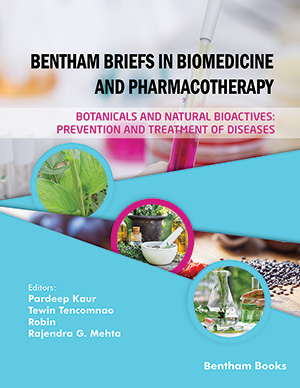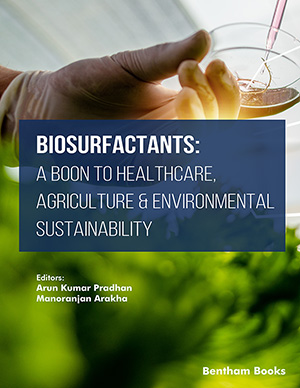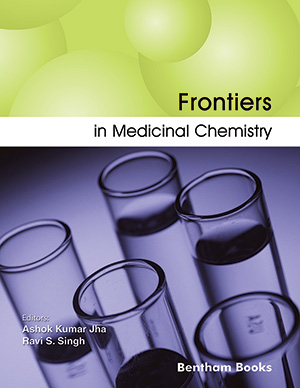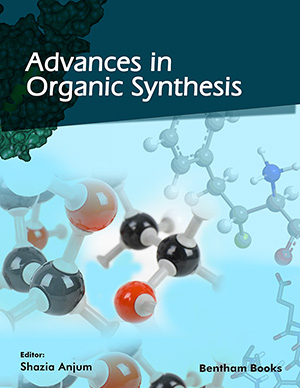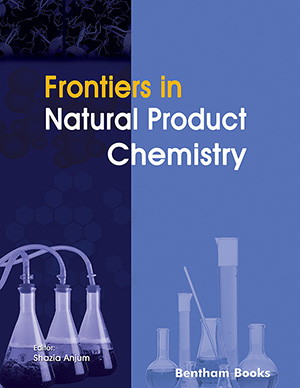Abstract
Background: Liver cancer is otherwise known as Hepatic cancer which originated from the liver. Hepatocellular carcinoma (HCC) is the common primary Liver cancer and is one of the emerging problems worldwide. Very few treatments are available to treat HCC because the molecular mechanism and other HCC mechanisms are still unclear. Cyclooxygenase 2 (COX-2), one of the most promising targets for Hepatocellular Carcinoma, is one of the dimeric enzymes which convert Arachidonic acid into Prostaglandin H2 in the step of Prostaglandin biosynthesis. Several natural bioactive compounds are involved in the treatment of various types of cancers. Tangeretin, a natural polymethoxyflavone present in the peel of citrus fruits, acts as an anti-oxidant modulator and anticancerous.
Objectives: The main objective of this study is to find a suitable inhibitor for Hepatocellular Carcinoma.
Methods: Computational approaches like molecular docking and molecular dynamics were performed to identify the potential inhibitor for Hepatocellular Carcinoma.
Results: In this study, COX-2 was considered as a potential target for Hepatocellular Carcinoma which was examined with Tangeretin.
Conclusion: Tangeretin was screened against C0X-2 which includes Molecular Docking, DFT analysis, ADMET prediction, and Molecular Dynamics simulation. Tangeretin had good docking scores, fulfilled the pharmacological properties through ADMET prediction, and the Protein-Ligand complex had good stability in Molecular Dynamics simulation.
Keywords: Hepatocellular carcinoma, tangeretin, cyclooxygenase-2, molecular dynamics simulation, DFT analysis, prostaglandin, anti-tumor.



















